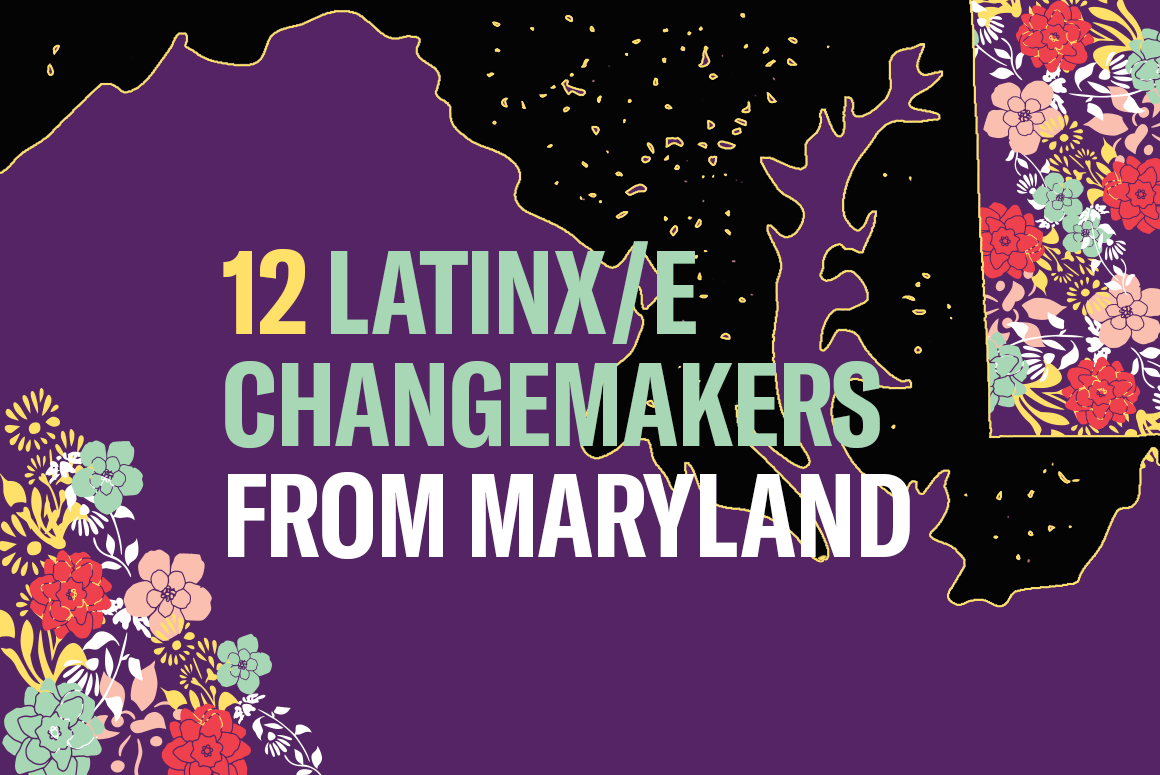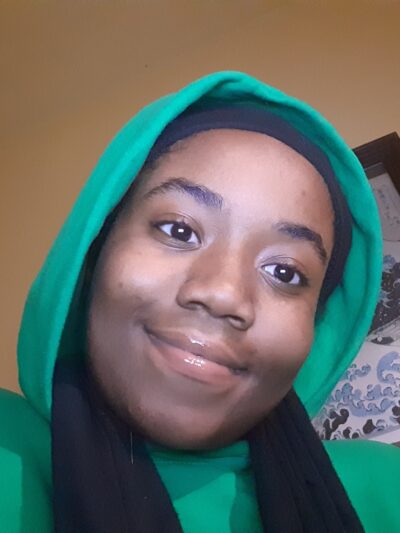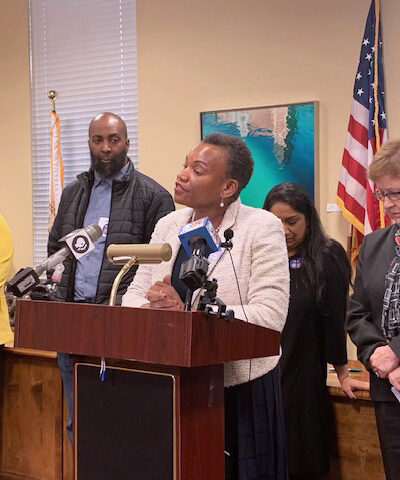News & Commentary
Latest Event
Statewide Teach In: How We End Maryland Collusion with ICE
We ended 287(g). So what’s next?
Join our teach-in to break down the Community Trust Act, why ending ICE collusion protects our neighbors and public safety, and how we keep the pressure on our legislators. We’ll hear from guest speakers and leave space for Q&A, giving you the opportunity to ask your burning questions!
Click HERE to send a message to your legislator!
See you there!
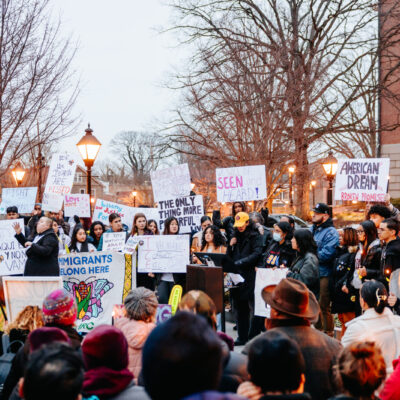
Demanding Accountability from the Police and Courts
UPDATE: On the week of June 29th, the state appeals court rebuked Judge Mickey Norman for improperly disregarding the emphatic verdict by the jury seeking to hold police accountable for the killing of Korryn Gaines. While we are pleased that the Maryland’s appeals court restored the Gaines family’s hard-won monetary verdict, we must continue forward towards holding police departments accountable for their officers deadly actions. With this victory, the jury’s verdict and the appeals court decision tell us BlackLivesDoMatter.
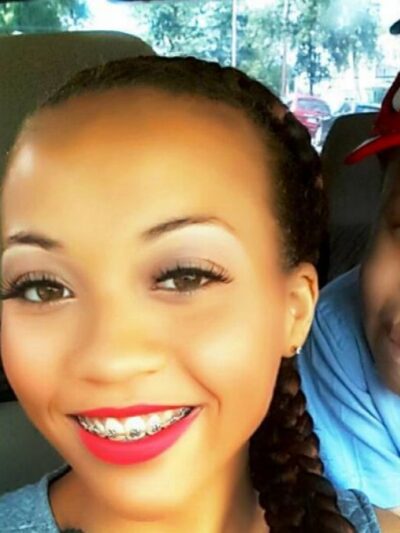
“I am scared for my life”: The Impact of COVID-19 Outbreaks in Detention Centers
Across the country, COVID-19 outbreaks have resulted in hundreds, if not thousands, of reported positive cases among the population of immigrants who are detained. Cases will only increase as we approach the peak of the coronavirus pandemic. Substandard medical care in our detention centers has already resulted in deaths for other illnesses, including a 16-year old boy who died of the flu at the Customs and Border Protection facility in Weslaco, TX. A man in New Jersey died from gastrointestinal bleeding after being denied the necessary medical care to save him.
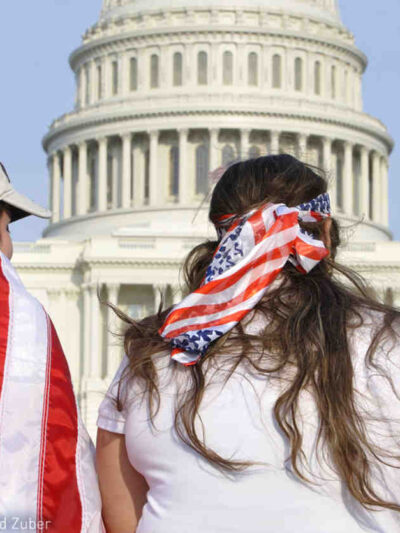
ACLU of Maryland's Top 3 Priorities During the Coronavirus Pandemic
The safety and rights of all Marylanders must matter to all of us.
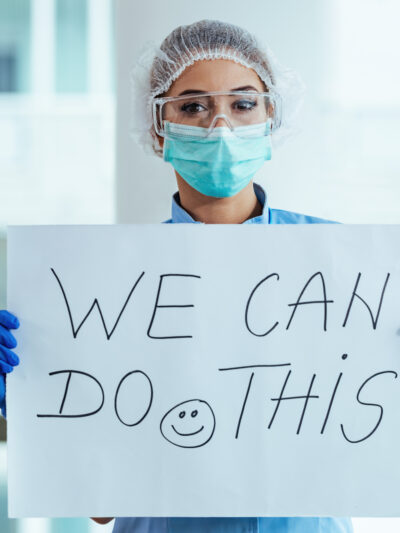
Coronavirus: Give Everyone a Fighting Chance
The Need to Reduce People in Detention Centers is Urgent
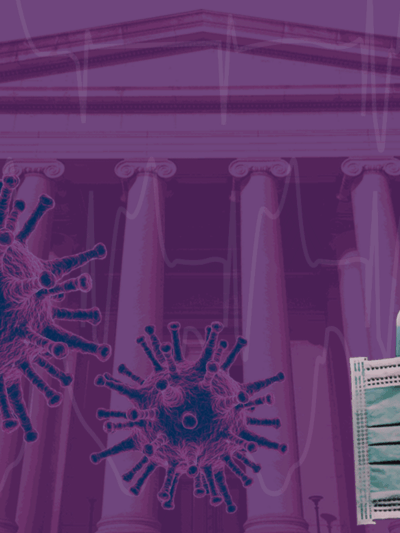
Compassion and the Coronavirus: 4 Reasons to Let People Out of Detention
Governor Hogan, listen to the health experts
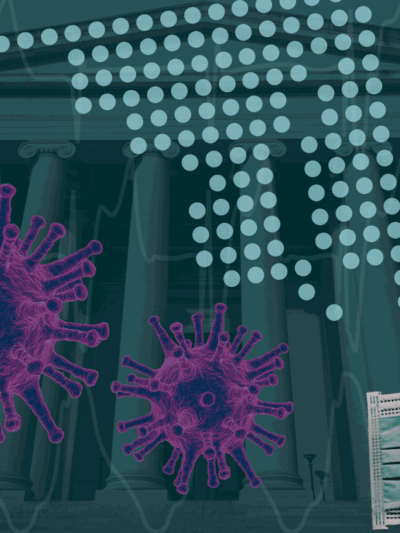
Men Have Nine Pre-Release Centers. Women Have Zero.
This Women’s History Month, the ACLU wants to highlight a woman who is making a difference in her community and demanding equality for women entangled in the legal justice system. Qiana Johnson, Executive Director of Life After Release, is a formerly incarcerated person who has been advocating for pre-release centers for women preparing to return to their communities.
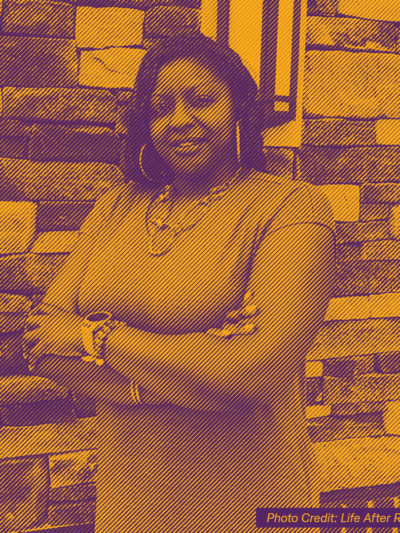
Crown Act: My Hair is Beautiful, Professional, and Acceptable
When I was a little girl, my mom would tell me my hair was beautiful. And I loved my hair. As I grew up, I would hear from teachers, family members, and society that my natural hair was not acceptable. I, like many Black women growing up, was told you had to straighten your hair in order to have “good hair” and to succeed in this country. Those comments subtly told me that my hair was ugly and by extension I would be ugly and unacceptable if I maintained that hairstyle.
By Amber Taylor
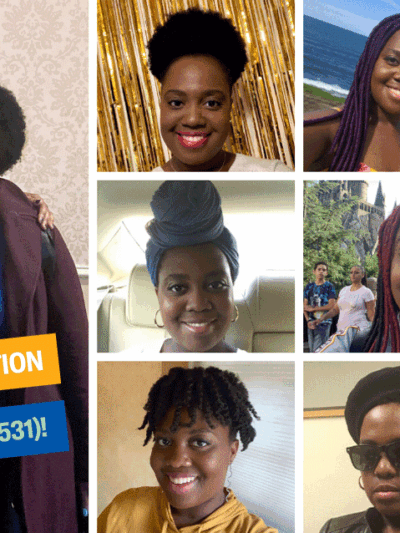
Stay Informed
Sign up to be the first to hear about how to take action.
By completing this form, I agree to receive occasional emails per the terms of the ACLU’s privacy statement.
By completing this form, I agree to receive occasional emails per the terms of the ACLU’s privacy statement.

